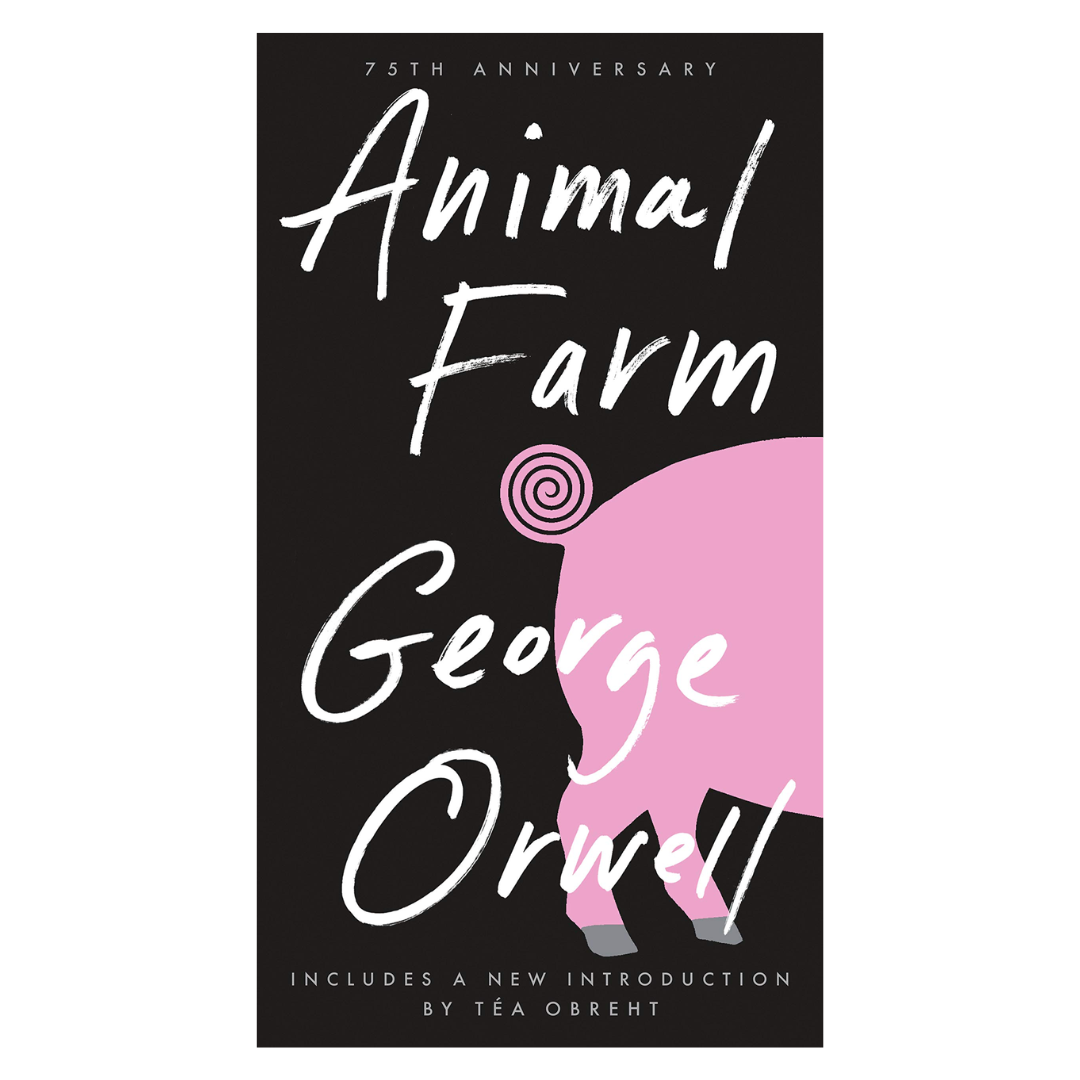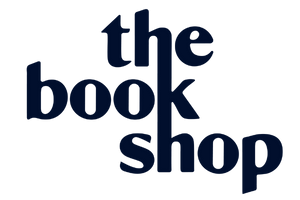
Animal Farm

"Animal Farm" by George Orwell is a thought-provoking allegorical novella that brilliantly captures the complexities of political power and the dangers of totalitarianism. Set on a farm, the story follows a group of animals who overthrow their human farmer in the hopes of creating a fair and equal society. However, their dreams of utopia quickly fade as a power struggle emerges, revealing the corrupting nature of power and the devastating consequences it can have on those who wield it.
Key Points:
- Satirical Allegory: "Animal Farm" serves as a satirical critique of the Russian Revolution and Stalinist era, presenting a fictional account of the events through the interactions of animals on the farm.
- Characters as Symbols: Each animal represents a specific figure or group from the revolution, such as Old Major as Karl Marx, Napoleon as Joseph Stalin, and Snowball as Leon Trotsky, highlighting their ideological conflicts and betrayals.
- Corruption of Power: The novel explores the theme of power and its ability to corrupt individuals and institutions, as the pigs, who initially champion the revolution, gradually transform into oppressive leaders, exploiting their fellow animals.
- Manipulation and Propaganda: Orwell masterfully illustrates the manipulation of language and the use of propaganda as tools for controlling the masses, exemplified by the pigs' rewriting of the farm's commandments and slogans.
- Loss of Individuality: As the revolution unfolds, the animals' individuality and personal freedoms are gradually stripped away, mirroring the dehumanizing effects of totalitarian regimes.
Details:
- Author: George Orwell
- Pages: 140 pages
- Publisher: Signet; 50th Anniversary edition
- Format: Paperback
- Publication: April 6, 2004
Key Points:
- Satirical Allegory: "Animal Farm" serves as a satirical critique of the Russian Revolution and Stalinist era, presenting a fictional account of the events through the interactions of animals on the farm.
- Characters as Symbols: Each animal represents a specific figure or group from the revolution, such as Old Major as Karl Marx, Napoleon as Joseph Stalin, and Snowball as Leon Trotsky, highlighting their ideological conflicts and betrayals.
- Corruption of Power: The novel explores the theme of power and its ability to corrupt individuals and institutions, as the pigs, who initially champion the revolution, gradually transform into oppressive leaders, exploiting their fellow animals.
- Manipulation and Propaganda: Orwell masterfully illustrates the manipulation of language and the use of propaganda as tools for controlling the masses, exemplified by the pigs' rewriting of the farm's commandments and slogans.
- Loss of Individuality: As the revolution unfolds, the animals' individuality and personal freedoms are gradually stripped away, mirroring the dehumanizing effects of totalitarian regimes.
Details:
- Author: George Orwell
- Pages: 140 pages
- Publisher: Signet; 50th Anniversary edition
- Format: Paperback
- Publication: April 6, 2004

Animal Farm
Sale price$20.00
Regular price (/)
